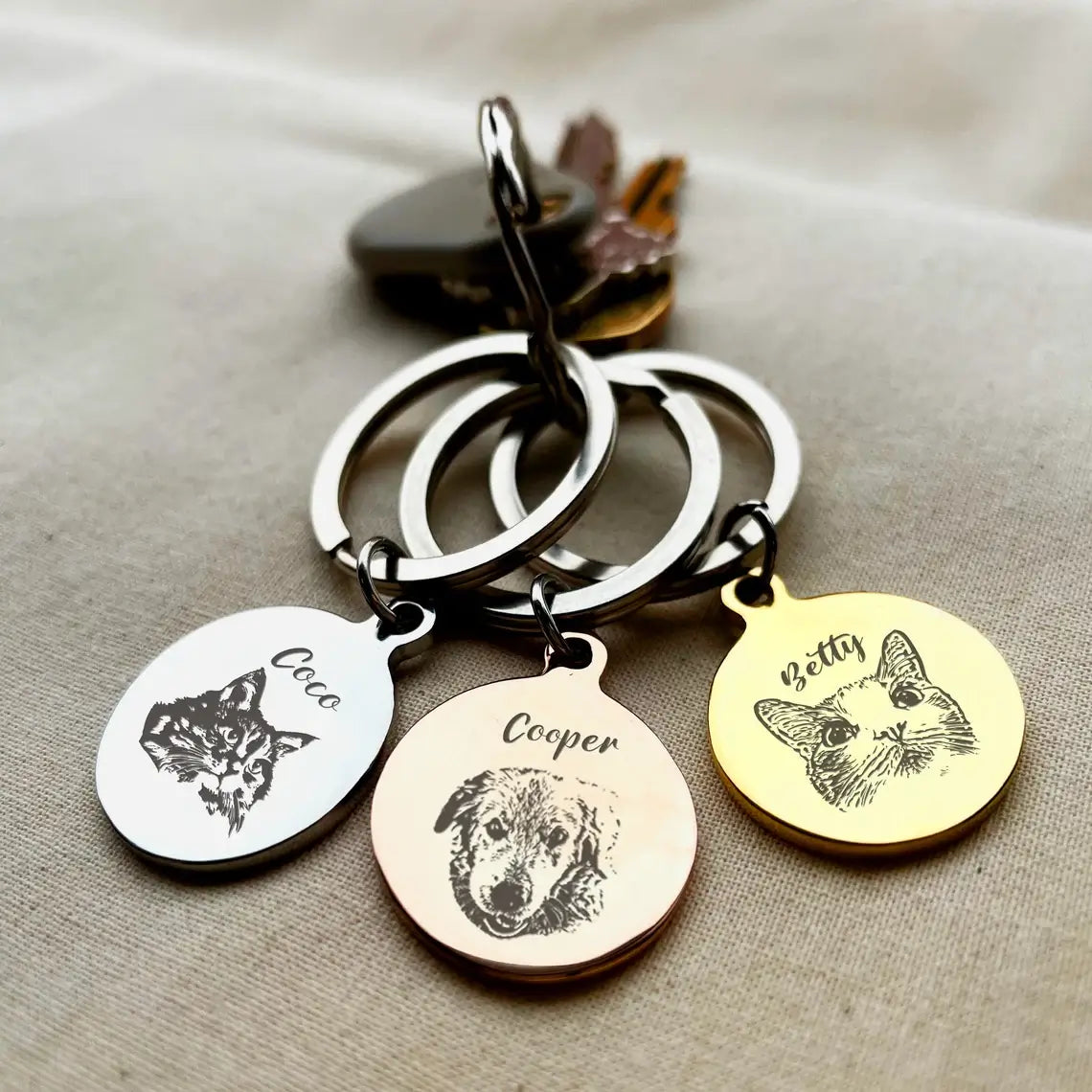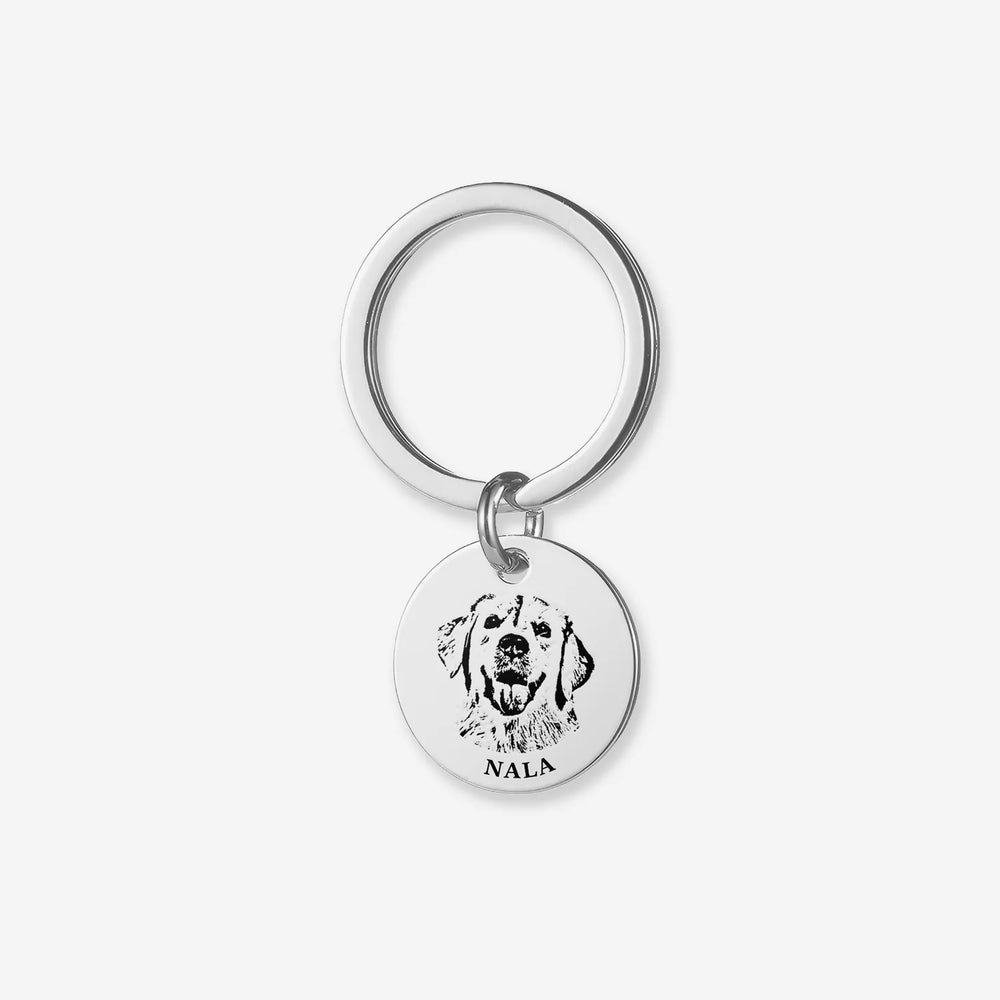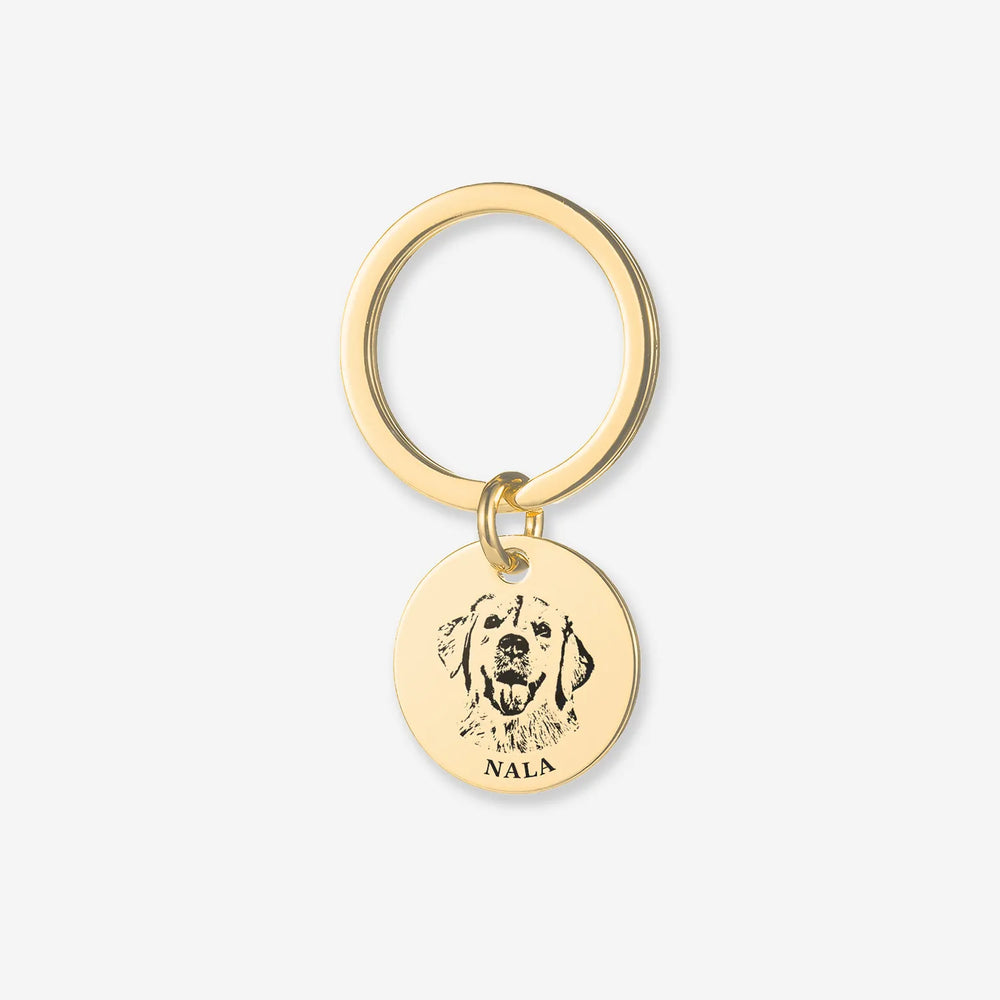Buy One, Get One FREE
Why Do Cats Hide When They Die? Reasons Behind This Instinct

Many cat owners or pet lovers may have noticed that when a cat is nearing the end of its life, it often chooses a quiet, secluded place away from people to wait for death alone. This leads many to wonder, Why do cats disappear before they die?

Cats are highly intuitive animals. One reason they hide before they die is due to their instinct to retreat when injured. Another reason is their subconscious connection with nature.
So, when your cat senses that its time is coming, it will likely try to leave home. As your cat ages, it may one day leave you for good, but you can watch for certain signs to know if it is preparing to go. This awareness can help you ensure your cat doesn’t face the end alone.
Why Do Cats Hide Before They Die?

- Instinct
Cats have a natural instinct to hide in a secluded spot when injured or ill to avoid predators. Even today, domestic cats have inherited this behavior. Therefore, when a cat leaves home before it dies, it’s driven by its natural instincts. This instinct is a primary answer to the question, Why do cats hide when they die.
- Return to Nature
Cats have a subconscious connection to nature. As they near death, this bond with the natural world becomes stronger, and they wish to return to a place where their ancestors once lived. It’s a reflection of the "return to roots" instinct, answering Why do cats hide before they die.
- Desire for Freedom
Many domestic cats long to explore the outside world. When a cat realizes its life is nearing the end, it may become determined to go outside and fulfill its wish for freedom. This behavior explains Why do cats disappear before they die.
- Not Wanting to Cause Sadness
Although cats can’t speak, they do have emotions. Some cats may sense their owner’s sadness and worry as they approach death. To avoid causing further sorrow, they choose to leave quietly and find a peaceful place to wait for the end. So, Do cats hide when they are dying? Yes, some do to spare their owners from witnessing their final moments.
- Seeking a Sense of Security
Cats are very sensitive creatures, especially to changes in their environment. When a cat feels unwell, it might perceive its surroundings as unfamiliar or unsafe. In search of comfort, it will hide in a familiar, quiet place, such as under a bed or behind furniture.
Signs a Cat Is Nearing the End

To prevent inattentive owners from missing their cat’s final health condition, we’ve summarized some signs that indicate a cat is approaching the end of its life. We hope that every cat lover can be attentive during their pet's last moments:
- Frequently hides at home and doesn’t seem to get better.
- Brings its owner lost items or gives gifts, as if saying goodbye.
- Becomes more affectionate, seeking out the owner to play or simply be near.
- Shows poor appetite, often sleeps excessively, and loses interest in food, while reminiscing about the taste of its favorite treats.
- Rubs against household items more than usual, urinates or defecates outside the litter box, and seems unable to control these behaviors, as if wanting to leave its scent for longer.
- Exhibits weak limbs, body tremors, feels cold, and no longer heals from injuries.
The Short Lifespan of Cats

The average lifespan of a cat is around 13 to 15 years, though some live even shorter lives. Breeds such as Persian cats, Sphynx cats, Scottish Fold cats, Munchkin cats, and Devon Rex cats tend to have shorter lifespans. If you want to extend your cat's life, there are some things you can do to help.
Things You Must Do to Extend Your Cat’s Life
-
Regular check-ups and vaccinations. Routine health checks, deworming, and vaccinations help prevent infectious diseases and boost your cat’s immune system.
-
Encourage exercise. Regular physical activity increases metabolism. If your cat is reluctant to move, try using treats to encourage it to exercise.
-
Provide a balanced diet. Food is a primary source of nutrition for cats. Choosing high-quality, nutritious cat food is essential for their health.




















